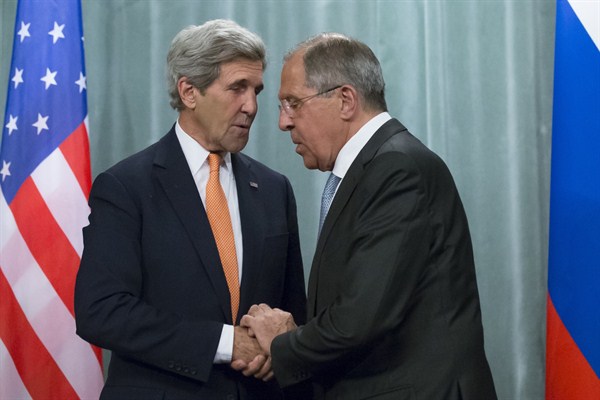Winston Churchill once quipped that the only thing worse than fighting a war with allies is fighting one without them. Looking at the Middle East, U.S. President Barack Obama might wish he could get rid of his regional allies anyway. His efforts to stabilize the region have been persistently weakened or derailed by America’s supposed friends. Israel tried hard to block last year’s Iranian nuclear deal. Saudi Arabia and the Gulf states have deliberately stirred up the Syrian war, even as Washington has been doing its best to try to end it through diplomacy.
Now the turbulence in Turkey threatens to complicate the Obama administration’s final six months of crisis management in the Middle East. Last week’s failed coup by elements of the Turkish army has further upset already strained Turkish-American relations. Turkish President Recep Tayyip Erdogan has called on the U.S. to extradite Fetullah Gulen, a Pennsylvania-based Turkish cleric he claims was behind the abortive putsch. Some of Erdogan’s political allies have gone further, accusing Washington of complicity in the coup.
Even discounting this rhetoric, Erdogan’s decision to crack down on his opponents, rounding up over 6,000 people in the military and judiciary to date, threatens to throw the Turkish security system off balance for an indefinite period. This will almost certainly impinge on U.S. efforts to tackle the Syrian war. If the Turkish president conducts a deep purge of the armed forces, Turkey’s military will struggle to be an effective component of the international alliance against the so-called Islamic State. Turkish domestic officials, who have allowed the country to become a “critical informal logistical base” for the extremist group, are unlikely to do much better.

